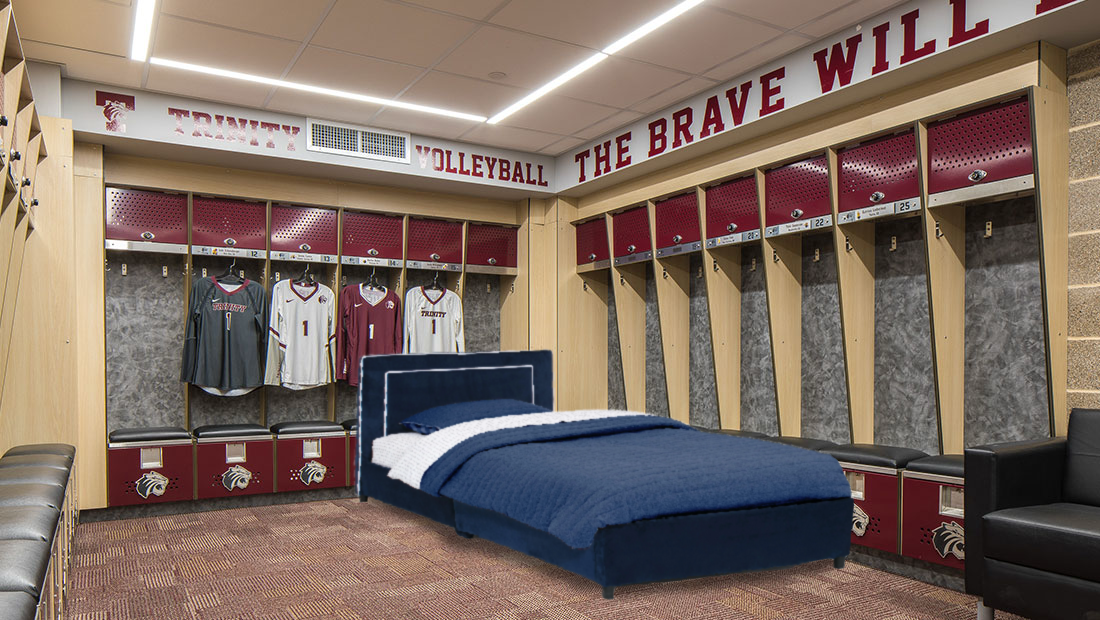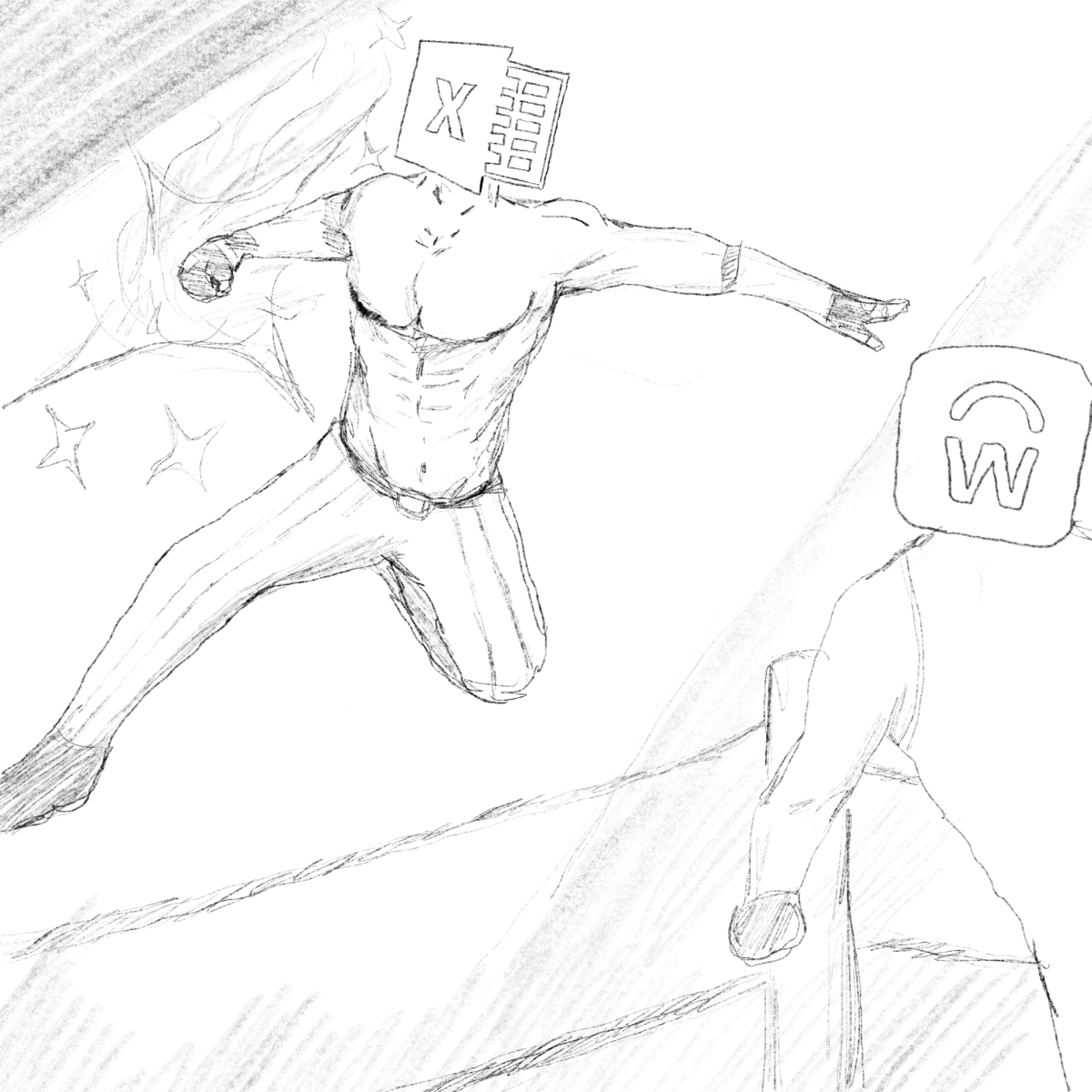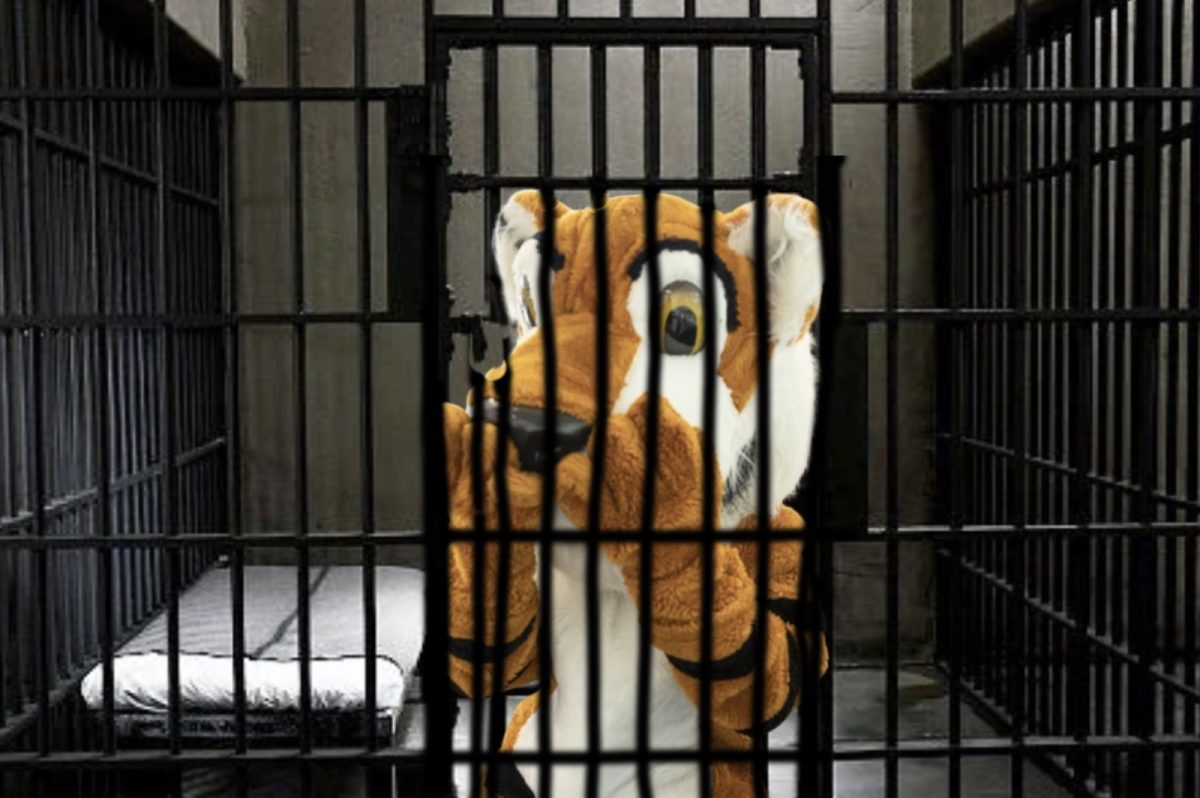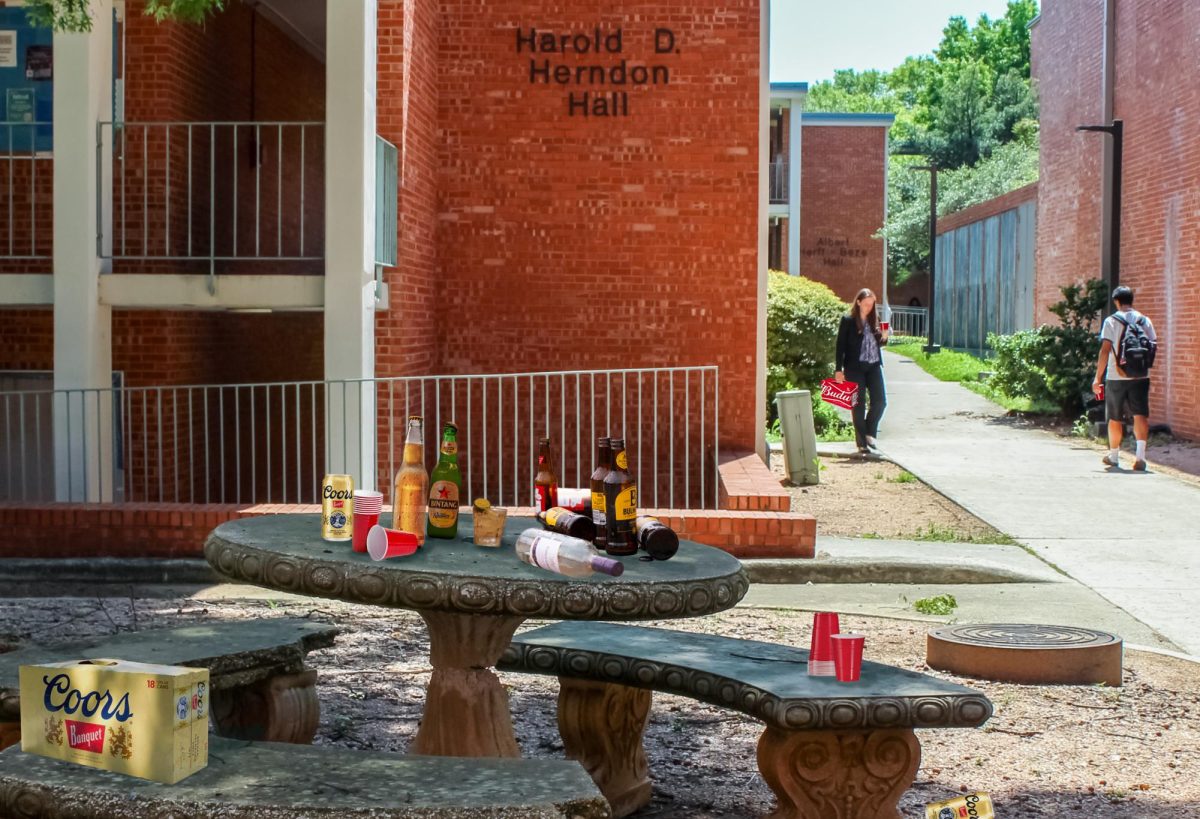Trinity University started utilizing the Center for Health Care Services approximately two years ago and continues to view it as a beneficial service. The CHSC, also known as “detox” or the “Drunk Tank” is an off-campus site that provides space for intoxicated students to return to sobriety. The center also helps students avoid issues involving alcohol poisoning and liability.
The CHSC provides substance abuse services for all of Bexar County and has three locations. Trinity typically takes intoxicated students to the location at 601 North Frio Street. Additional locations include North Leona Street and Computer Drive.
The process of bringing students to the CHCS begins with determining levels of intoxication on campus or at campus events.
“We have to first assess if they are a danger to themselves or others. More so a danger to themselves because often they cannot control their bodily functions. That’s critical for us,” said Paul Chapa, Trinity chief of police. “If they are a danger to others, like being over the top, maybe excited or violent, then it [the CHCS] allows us to remove them from that environment, take them to a safe environment where there are police assigned to the center to monitor that the individuals are safe and behaving.”
Although an off-campus facility, the TUPD sees the CHCS as beneficial resource to dealing with the student alcohol policy. Unlike many other institutions, the CHCS does not require its visitors to be charged with a crime, but it stresses a maintenance of health for the intoxicated.
“They have to be able to walk into the facility on their own and then they get processed. Then they blow into a portable alcohol breath analyzer which will identify their level of intoxication,” said Chapa. “There are different cots separated male and female, and there is a full medical team on staff in case, God forbid, there is a concern for alcohol poisoning, or if someone goes into cardiac arrest. After they sleep for a couple of hours, they have to blow into the device again and once their blood alcohol content is low enough, they are released. No charge.”
Many times in situations where an intoxicated student is involved Residential Life will try to moderate the situation. However, the univeristy would like to avoid placing untrained students in serious situations involving intoxicated students.
“I am glad that there is another option for students other than the hospital or jail in these situations. Sometimes another student will volunteer to take care of someone intoxicated, but how could we know if they will stay awake all night?” said Wanda Olson, director of the Residential Life Office. “They have not been trained any more than our student staff have been trained, and we would not ask our student staff to stay up all night trying to take care of an intoxicated student, so this was a good alternative in order to keep our students safe.”
Although the students brought to the CHCS facility experience it differently, opinions on the policy and service are not all negative.
“Of course the experience overall was a little traumatic. That’s somewhere you don’t really want to ever be, and you don’t want to ever do that more than once in your life or more than zero times in your life, but it’s nice that they have that option,” said a student who went to CHSC and asked to remain anonymous. “Just don’t drink in excess. Don’t do it or get to the point where you need to go. We learned from it. We talked to our RM about it and just the people involved. We got through it, and everything goes in the past so you just learn from stuff like that and learn to not doing anything like that again.”







